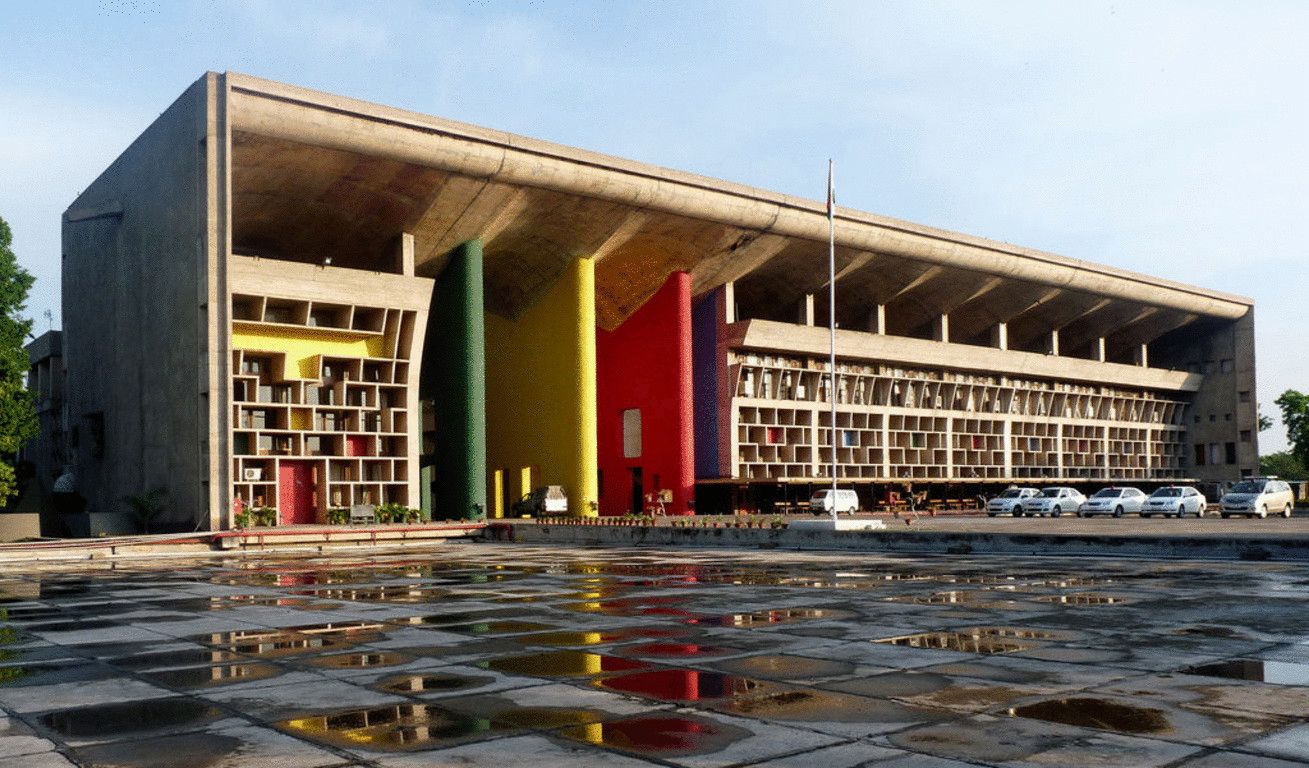Punjab & Haryana High Court Upholds Permission to Examine Fingerprint Expert at Rebuttal Stage, Rules Procedure Must Advance Justice

Case Name: Jagdish and Another v. Ranbir and Others
Date of Judgment: January 6, 2015
Citation: CR No. 9 of 2015 & CR No. 27 of 2015
Bench: Hon’ble Mr. Justice Jaswant Singh
Held: The Punjab & Haryana High Court dismissed two connected civil revision petitions challenging the trial court’s order permitting the plaintiff to examine a fingerprint expert at the rebuttal stage. Justice Jaswant Singh held that procedural law is a tool to secure justice, not a barrier to it, and that the trial court rightly allowed expert evidence to clarify issues arising unexpectedly during trial. The Court ruled that where a plaintiff has not been negligent or blameworthy in leading initial evidence, additional evidence may be permitted to address unforeseen developments in the defendants’ case, in order to achieve substantial justice.
Summary: The petitioners, Jagdish and another, were defendants in two suits filed by the respondent Ranbir seeking possession by way of specific performance of two separate agreements to sell, both executed on July 30, 2004. The plaintiff had closed his evidence after examining one attesting witness, Kartar Singh (PW-2), who supported his case. During their evidence, the defendants examined the remaining two attesting witnesses, Jai Singh and Dilbagh Singh (DW-1 and DW-2), who denied having signed the agreements or the receipt of earnest money. In response, the plaintiff filed an application to examine a fingerprint expert to verify their signatures, which the trial court allowed by order dated December 15, 2014.
Challenging the order, the petitioners argued that since the plaintiff had closed his evidence without reserving a right to rebuttal, he could not be permitted to introduce new evidence at a later stage. Justice Jaswant Singh rejected this argument, holding that the application was bona fide and that the plaintiff could not have anticipated the denial of signatures by his own attesting witnesses. The Court emphasized that procedural rules under the Civil Procedure Code are intended to facilitate justice, not obstruct it, and that a rigid technical approach would defeat the substantive rights of parties.
Decision: The High Court found no illegality or perversity in the trial court’s decision and dismissed both revision petitions, upholding the order permitting examination of the fingerprint expert to verify the disputed signatures.